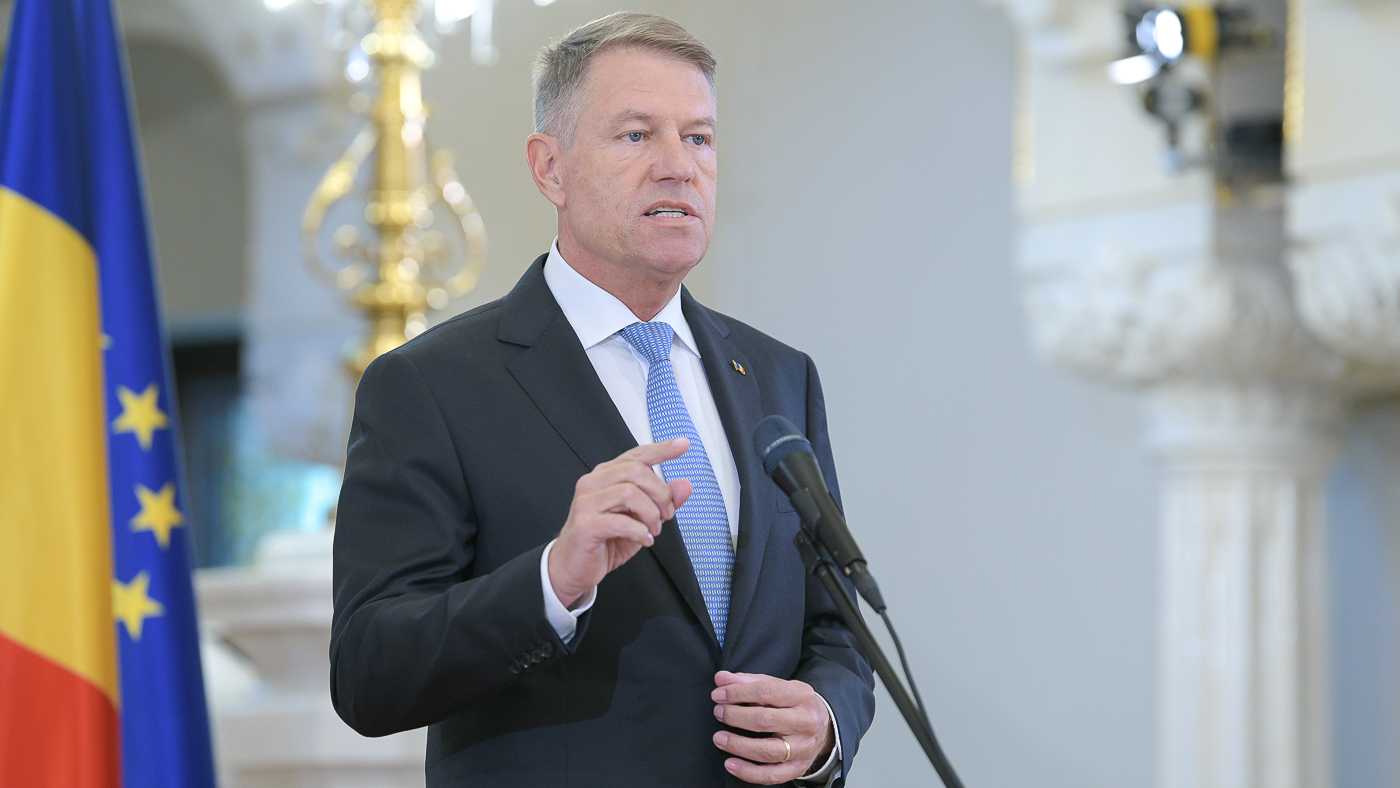Romania’s President Klaus Iohannis on Thursday advocated the Black Sea-Baltic Sea railway at the Three Seas Initiative meeting in Vilnius.
 “We have just concluded the main session of the Three Seas Initiative meeting. It was quite a long session, very substantial. (…) The important themes at this Three Seas Initiative were designed to improve the connecting infrastructure on the North-South axis in our part of Europe, connecting infrastructure means road, rail, but it also means connectivity on gas, on electricity, on digital and so on,” Iohannis said.
“We have just concluded the main session of the Three Seas Initiative meeting. It was quite a long session, very substantial. (…) The important themes at this Three Seas Initiative were designed to improve the connecting infrastructure on the North-South axis in our part of Europe, connecting infrastructure means road, rail, but it also means connectivity on gas, on electricity, on digital and so on,” Iohannis said.
He described the talks as “very good”, adding that he reiterated the importance of connecting NATO’s entire Eastern Flank. “It is about connecting the whole Eastern Flank both by road and by rail. There are two projects linking the Black Sea and the Baltic and these two projects are of particular importance to us,” the head of state said.
The Romanian President also mentioned the Initiative’s economic forum: “We believe that from here too we will be able to increase the involvement of the private sector. We also hope to have public-private partnerships that take things forward. Every year, we have tried to attract new members and I am pleased to recall that in September, the Initiative Summit took place in Bucharest, we hosted this format, and in Bucharest we managed to get the agreement of all participants for the Republic of Moldova and Ukraine to become associate participating states, a status very close to membership, which certainly puts us in a position to have much better joint projects,” President Iohannis said.
Black Sea-Baltic Sea railway between Constanța and Gdansk
Rail2Sea is a project under the umbrella of the Three Seas Initiative and involves the development and modernisation of a railway line between the Baltic Sea port of Gdansk and the Black Sea port of Constanța crossing four countries: Poland, Slovakia, Hungary and Romania.
The source of funding for these projects comes from the European Interconnection Mechanism, national funds, other sources and other European funds.
The renewed Connecting Europe Facility programme, worth €33.71 billion, will fund key projects to improve transport and energy connections, digital services and connectivity in Europe. It will promote the interconnection, development and upgrading of railways, road, inland waterway and maritime infrastructure, as well as ensuring safe mobility. Further development of the Trans-European Transport Networks (TEN-T) will be a priority. The new programme will ensure that the adaptation of infrastructure to improve military mobility within the EU will meet both civilian and military needs. A total of €1.69 billion of the transport budget will be earmarked for military mobility.
Share on:



